When
14th to 18th April 2019
EMBO Workshop Emerging Concepts of the Neuronal Cytoskeleton 5<sup>th</sup> Edition
About the workshop
This is the fifth edition of a long-running workshop intended to expose local students and fellows to cutting edge research in the neuronal cytoskeleton field, and to help them forge closer ties with the international community that would lead to future opportunities
Cytoskeletal dynamics is at the core of the most essential questions in cellular neurobiology, such as mechanisms of axon growth in development and in response to injury, or mechanisms of synapse formation and stabilization. It is also a key element of intracellular transport, which is critical for axonal development and neurotrophic signaling, but which is also disrupted in many, if not all neurodegenerative diseases. Consequently, the cytoskeleton in neurons is a promising and emerging target for the development of novel therapeutic approaches to treat neurodegenerative diseases and to promote axon regeneration after traumatic injury. Recent advances in imaging, genetics and cell-molecular biology have catalyzed exciting new progress. However, fundamental questions about how neuronal cytoskeletal assembly, functions and dysfunction is orchestrated remain unanswered. In this workshop we will explore the latest findings on this exciting topic and will address several features involved in cytoskeleton function in nerve cells such its role in trafficking and transport, neuronal polarity, axonal guidance and neuronal migration, as microtubules amongst others. In this new edition of our workshop we will dedicate a special session to the use of super-resolution microscopy techniques in the study of neuronal functions. Also, we are very excited that in addition microtubules, actin microfilaments and neurofilaments, the role of septins, ankyrins and spectrins in neurons will be discussed.
Early career scientists are encouraged to submit abstracts to be selected for short talks.Speakers
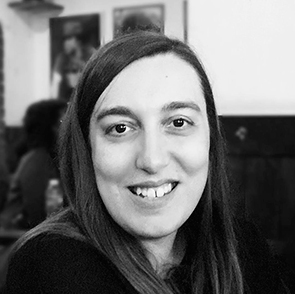
Claudia
Almeida
Universidade Nova de Lisboa. Portugal
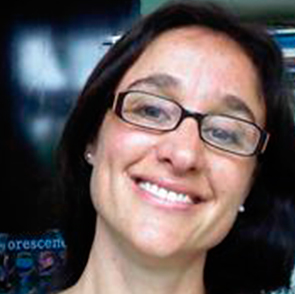
Maria Elena
Avale
CONICET. Argentina
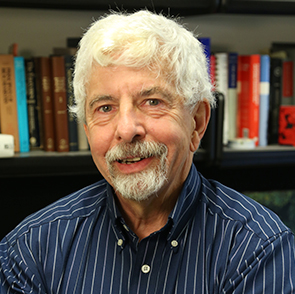
Vann
Bennett
Duke University. USA
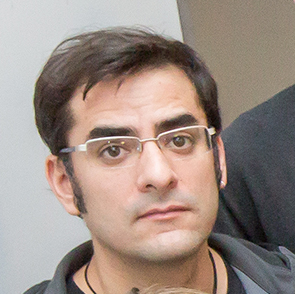
Froylan
Calderon De Anda
Medical Center Hamburg-Eppendorf (UKE). Germany
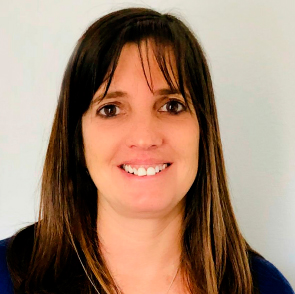
Cecilia
Conde
Instituto Mercedes y Martin Ferreyra. Argentina
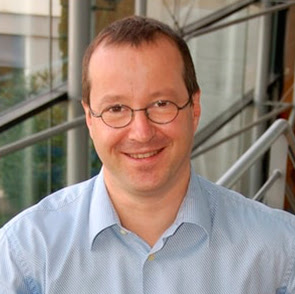
Daniel
Choquet
Interdisciplinary Institute for Neuroscience Université Bordeaux. France
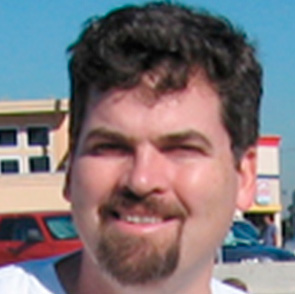
Matthew
Dalva
Thomas Jefferson University USA
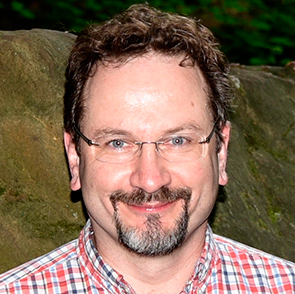
Erik
Dent
University of Wisconsin-Madison. USA
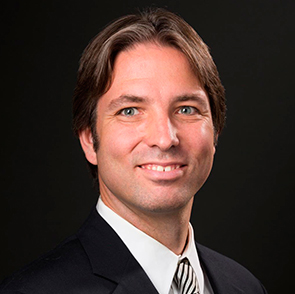
Shawn
Ferguson
Yale University. USA
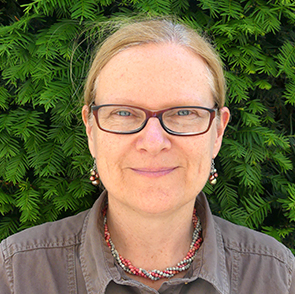
Fiona
Francis
Inserm. France
24
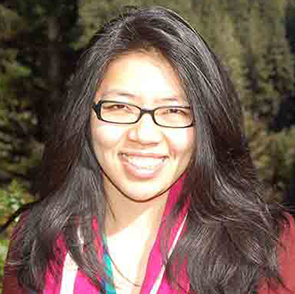
Meng-meng
Fu
Stanford University. USA
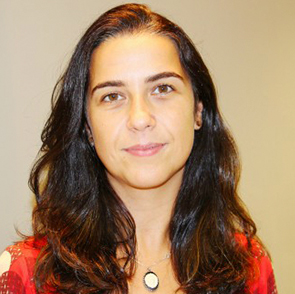
Patricia
Garcez
Universidad Federal do Rio de Janeiro. Brazil
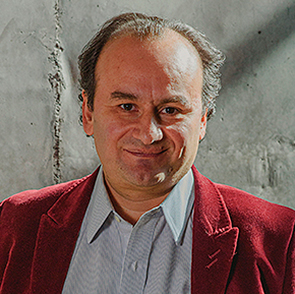
Christian
Gonzalez-Billault
Universidad de Chile Geroscience Center for Brain Health and Metabolims (GERO) Chile

Laura
Gumy
Otago University. New Zealand
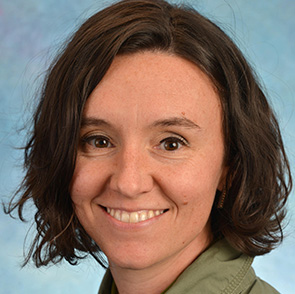
Stephanie
Gupton
University of North Carolina-Chapel Hill. USA
18
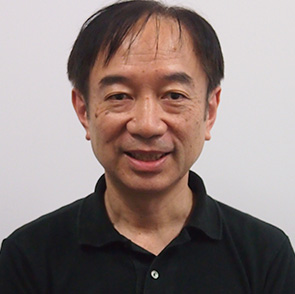
Naoyuki
Inagaki
Nara Institute of Science and Technology. Japan

Sandhya
Koushika
Tata Institute of Fundamental Research. India
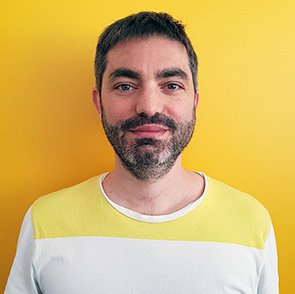
Christophe
Leterrier
INP, CNRS-Aix Marseille University. France

Damaris
Lorenzo
University of North Carolina-Chapel Hill, USA.
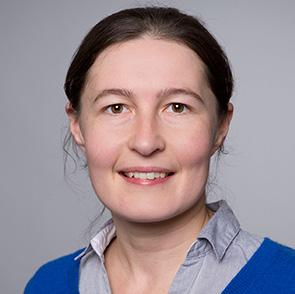
Marina
Mikhaylova
Medical Center Hamburg-Eppendorf (UKE). Germany
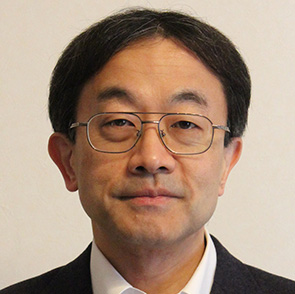
Kazunori
Nakajima
Keio University. Japan
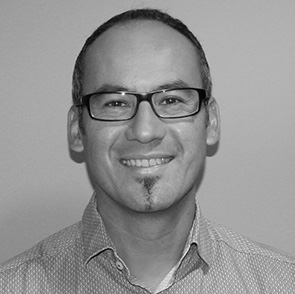
Laurent
Nguyen
University of Liege. Belgium

Kassandra
Ori-Mckenney
University of California Davis. USA
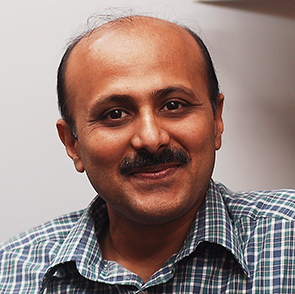
Krishanu
Ray
Tata Institute of Fundamental Research. India
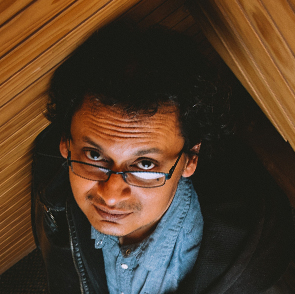
Subhojit
Roy
University of Wisconsin-Madison. USA

Zu-hang
Sheng
National Institute of Neurodegenerative Diseases (NINDS-NIH). USA
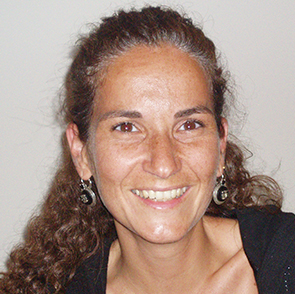
Monica
Sousa
Institute for Molecular and Cell Biology University of Porto. Portugal
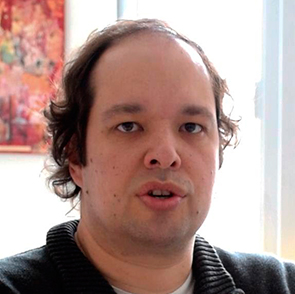
Elias
Spiliotis
Drexel College of Medicine. USA
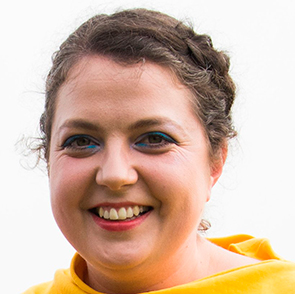
Alison
Twelvetrees
University of Sheffield. UK

Bettina
Winckler
University of Virgina. USA
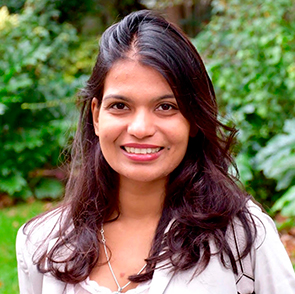
Smita
Yadav
University of Washington. USA
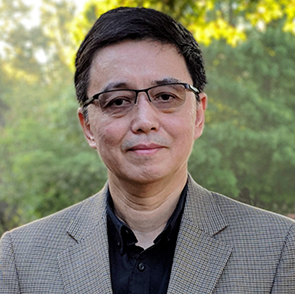
James
Zheng
Emory University. USA
Workshop Program
Workshop Registration
Buffet-style lunch 1
Hotel Check-in/Free Time
SESSION 1. Super-resolution imaging in Neurons (Chair: Anthony Brown)
16:30-17:00
Christophe Leterrier, INP, CNRS-Aix Marseille University. FR, “The axonal cytoskeleton at the nanoscale”
17:00-17:30
Marina Mikhaylova, Medical Center Hamburg-Eppendorf (UKE). DE, “Positioning of secretory organelles in dendrites: focus on F-actin”
17:30-18:00
Monica Sousa, Institute for Molecular and Cell Biology University of Porto. PT, “Regulation of axon diameter by the membrane periodic skeleton”
18:00-18:30
Daniel Choquet, Interdisciplinary Institute for Neuroscience Université Bordeaux. FR, “Linking AMPA receptor nanoscale organization and function at excitatory synapses”
Break
Keynote Lecture. (Chair: Subhojit Roy)
Vann Bennett, USA. “Axons as targets for human neurodevelopmental mutations: new functions for giant ankyrins”
Buffet Dinner 1
SESSION 2 Neuronal Polarity (Chair: Patricia Garcez)
9:00-9:30
Christian González-Billault, Universidad de Chile. CL, “Membrane and cytoskeleton dynamics coordination in neuronal polarity”
9:30-10:00
Naoyuki Inagaki, Nara Institute for Science and Technology. JP, “Shootin1-Mediated Molecular Mechanics for Axon Guidance and Neuronal Migration”
10:00-10:30
Froylan Calderon de Anda, Medical Center Hamburg-Eppendorf (UKE). DE, “Radial F-actin Organization During Early Neuronal Development”
10:30-10:45
Short talk: Sebastian Dupraz, DZNE, Germany,“RhoA Controls Axon Extension Independent of Specification in the Developing Brain”
Coffee Break
SESSION 3 Cytoskeleton in Neuronal Migration and Axonal Guidance (Chair: Stephanie Gupton)
11:15-11:45
Kazunori Nakajima, Keio University, JP, “Neuronal migration and layer formation in the developing cerebral neocortex”
11:45-12:15
Laurent Nguyen, University of Liege. BE, “Cell migration promotes dynamic cellular interactions to control cerebral cortex morphogenesis”
12:15-12:45
Fiona Francis, Inserm, FR, “Cytoskeletal abnormalities affecting cortical development”
12:45-13:00
Short talk: Emily Bates; University of Colorado, USA, “Tuba1a mutations reveal cytoskeletal interactions necessary for brain development and function”
13:00-13:15
Short talk: Maria Paz Marzolo, Pontificia Universidad Catolica de Chile, Chile, “ApoER2, the reelin receptor, is a new cargo for the Adaptor protein AP4: implications for the exocytic trafficking and polarized sorting of ApoER2 in neurons”
Buffet Lunch 2
Free time
POSTER SESSION 1
Technical Lecture
Georg Wieser, Global Application Support Team, ZEISS Research Microscopy Solutions “Advanced 3D Fluorescence Live Cell Imaging Solutions for Neuronal Cytoskeletal Dynamics and Cell Motility”
Buffet Dinner 2
SESSION 4 Physiological Trafficking and Transport in Neurons (Chair: Claudia Almeida)
9:00-9:30
Bettina Winckler, University of Virginia. USA. “Substrate-specific regulation of CDK5 activity by the intermediate filament protein nestin in neurons”
9:30-10:00
Erik Dent, University of Wisconsin-Madison. USA. ewdent@wisc.edu “F-BAR proteins function in actin-driven endocytosis, protrusion and neurite outgrowth”
10:00-10:30
Subhojit Roy, University Wisconsin-Madison, USA.“Physiologic role of alpha-synuclein at the synapse”
10:30-10:45
Short talk: Francoise Coussen, University of Bordeaux, France, “Role of synaptic plasticity in AMPA receptor intracellular trafficking”
Coffee Break
SESSION 5 Pathological Trafficking and Transport in Neurons (Chair: Francisca Bronfman)
11:15-11:45
Sandhya Koushika, Tata Institute of Fundamental Research. IN, “The in vivo roles of actin in axonal cargo transport and regeneration”
11:45-12:15
Zu-hang Sheng, National Institute of Neurodegenerative Disease (NINDS-NIH). USA, “Microtubule-based anchoring regulates axonal mitochondrial transport in neurodegeneration and regeneration”
12:15-12:45
Claudia Almeida, Portugal, “Actin control of neuronal endosomal sorting: implications for Alzheimer’s disease”
12:45-13:15
Shawn Ferguson, Yale University. USA. “Axonal endo-lysosome transport mechanisms in health and disease”
Buffet-style lunch 3
Free time
POSTER SESSION 2
Buffet Dinner
SESSION 6 Actin and Microtubules Cytoskeleton in Neurons (Chair: Elias Spiliotis)
9:00-9:30
Stephanie Gupton, University North Carolina-Chapel Hill. USA, “A pair of E3 ubiquitin ligases compete in axon guidance and filopodial dynamics”
9:30-10:00
Matthew Dalva, Thomas Jefferson University. USA, “The nanoscale organization of synapses and synaptic plasticity”
10:00-10:30
James Q. Zheng, Emory University. USA,“Spatiotemporal Dynamics of Actin Monomers in Neuronal Motility”
10:30-10:45
Short talk: Marvin Bentley, Rensselaer Polytechnic Institute,“A Novel Strategy to Visualize Vesicle-bound Kinesins Reveals Diversity of Kinesin-mediated Transport”
Coffee Break
SESSION 7 Spectrin, Septins and Ankyrins in neuronal functions (Chair: Fiona Francis)
11:15-11:45
Damaris Lorenzo, University North Carolina Chapel Hill, USA, “BII-spectrin multitasks to connect the brain”
11:45-12:15
Elias Spilliotis, Drexel College of Medicine, USA, “Neuronal polarity requires sorting of kinesin-driven traffic during entry into dendrites by a microtubule-associated septin”
12:15-12:30
Short talk: Robin Scharrenberg, Center for Molecular Biology, Germany, “Autism spectrum disorder susceptibility gene TAOK2 regulates neuronal migration in an isoform-specific manner”
Buffet-style lunch 3
Free time
SESSION 8 “The next generation of cytoskeleton researchers”
17:00-17:15
Patricia Garcez, Universidade Federal de Rio de Janeiro, Brazil, “CENPJ controls proliferation, migration, and axon growth through microtubule regulation”
17:15-17:30
Laura Gumy, University of Otago, New Zealand, “MAP2-dependent regulation of axonal transport”
17:30-17:45
Maria Elena Avale, Conicet, Argentina, “Modulation of microtubule associated protein tau isoforms: Exploring functional consequences and potential therapeutic approaches”
17:45-18:00
Meng-meng Fu, Stanford University, USA, “The Golgi Outpost Protein TPPP Nucleates Microtubules and Regulates Branching in Oligodendrocytes”
18:00-18:15
Alison Twelvetrees, University of Sheffield, UK, “There and back again: cooperation between dynein and kinesin motors to maintain neuronal function”
18:15-18:30
Cecilia Conde, Instituto Mercedes y Martin Ferreyra, Argentina, “Decreased Rab11 during neuronal development disrupts dendrite growth, affecting synaptic plasticity and memory formation”
18:30-18:45
Maria M. Magiera, Institute Curie, France, “Perturbed microtubule polyglutamylation induces neurodegeneration in mice and humans”
18:45-19:00
Carlos Wilson, Instituto Mercedes y Martin Ferrerya, Argentina, “Epigenetic regulation of the RhoA pathway by the histone methyl-transferase G9a promotes neuronal development”
Business meeting
Closing Banquet
Breakfast and Departure
Pricing & Registration
Early Bird Registration and Abstract Submission January 15, 2019
Registration and Abstract Submission March 1, 2019
NOTE: Participants selected to attend the workshop will be notified within 5 business days after application
Payment deadline March 15, 2019

To register click on create a new account, if you already have an account login here to access to web platform.
US$200
Graduate and undergraduate students
US$400
Academic
US$800
Industry
US$300
Postdoctoral researchers
Registration includes
- Accommodation (4 nights) on venue hotel
- All meals, including cocktail and closing banquette. Please let us know in advance should you required any special diet.
- All speakers will be accommodated in single rooms; students and postdocs will be accommodated in double rooms.
- All participants will have access to all social events organized during the workshop
- Enrollment in the workshop is limited to 120 attendees. Priority will be given to applicants that registered during early bird registration.
Payment
Payment detail will be sent to successful applicants.
Abstracts Guidelines
Abstracts should contain a title, the names and affiliations of all authors, an abstract (maximum 250 words), 3 to 4 keywords, and an acknowledgment of any funding sources.
Selection Criteria
Applicants must submit an abstract of the research that they intend to present at one of the workshop poster sessions. Applicants will be selected according to the relevance of their abstract to the workshop theme as well as the scientific quality of the research described. In addition, a small subcommittee drawn from the list of invited speakers will select student/postdoc applicants to present short talks.
Poster
Posters should be printed in portrait format (90 cm wide, 120 cm long). We will provide poster boards and pins.
Registration fee waiver
Limited funds may be available to waive the registration fee for some applicants based on financial need. If you would like to be considered for this waiver, please check the box on the online application form and submit a short explanation of the financial need.
Sponsors & Partners
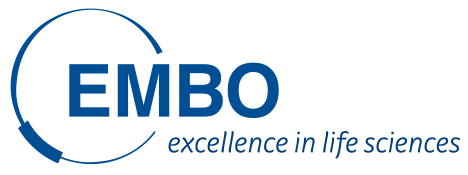

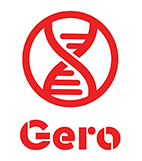
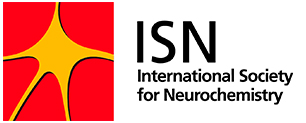
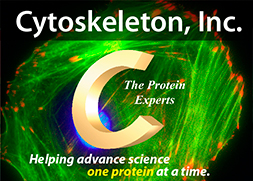
Organizers
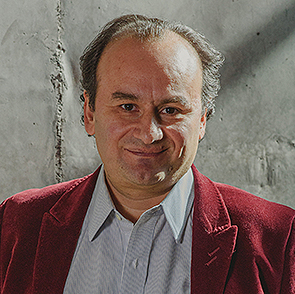
Christian
Gonzalez-Billault
Universidad de Chile

Patricia
Garcez
Universidad Federal do Rio de Janeiro. Brazil

Subhojit
Roy
University of Wisconsin-Madison. USA
Location and Venue
Venue
How to get there
The nearest airport is in Temuco (Aeropuerto La Araucanía, code ZCO), which is 1.5 hours from the venue. International flights to Chile arrive to Santiago (code SCL), after which you have to take a domestic flight to ZCO. You will need about 2 hours to go through immigration and switch planes. We will organize transport from Temuco airport to the venue on the 14th, and from the venue to the airport after breakfast on the 18th.

